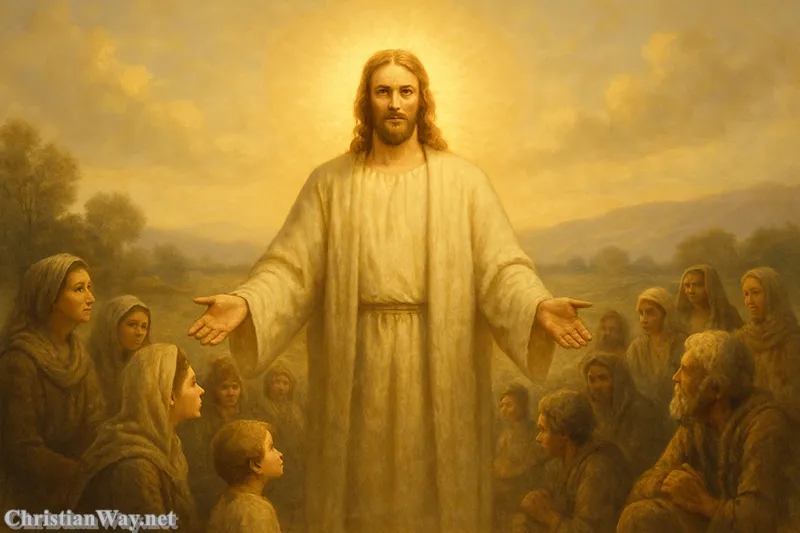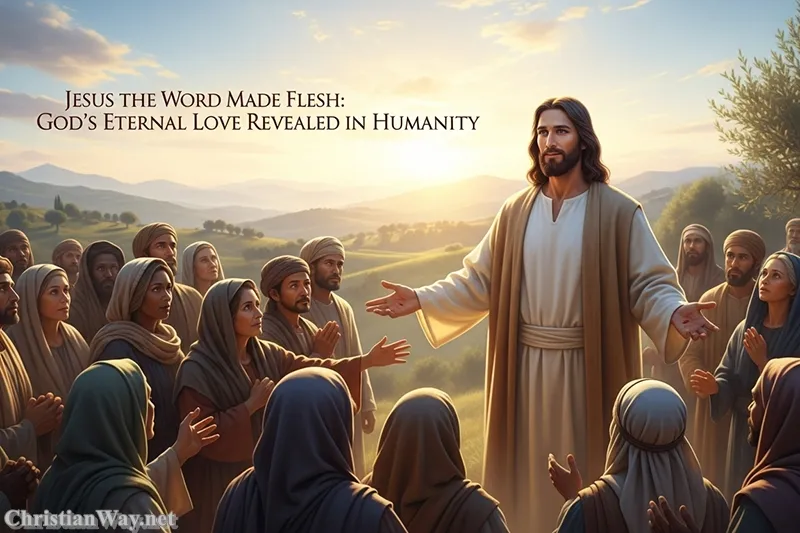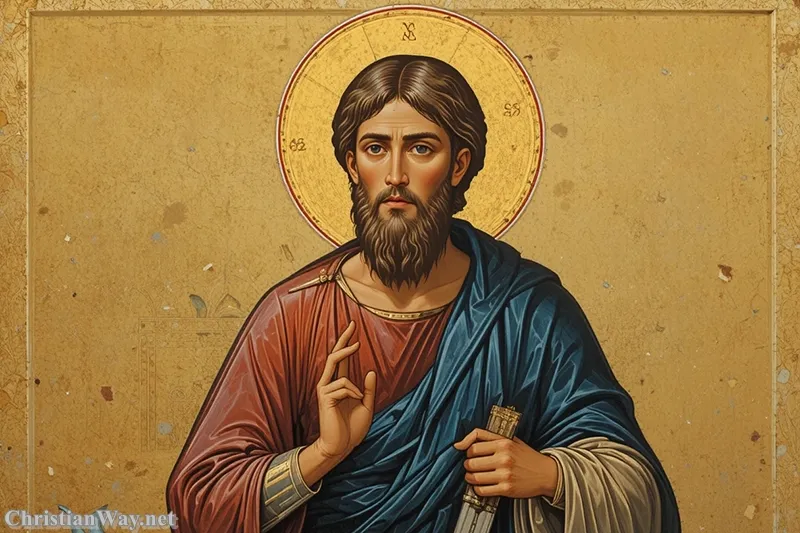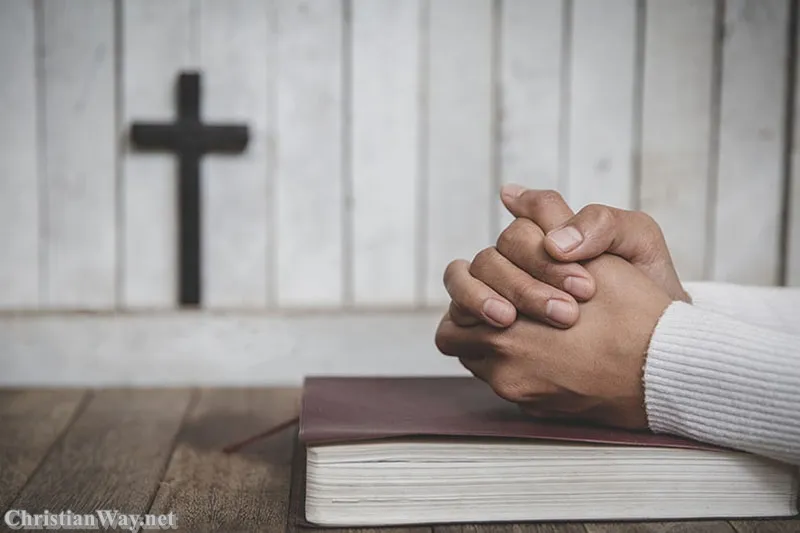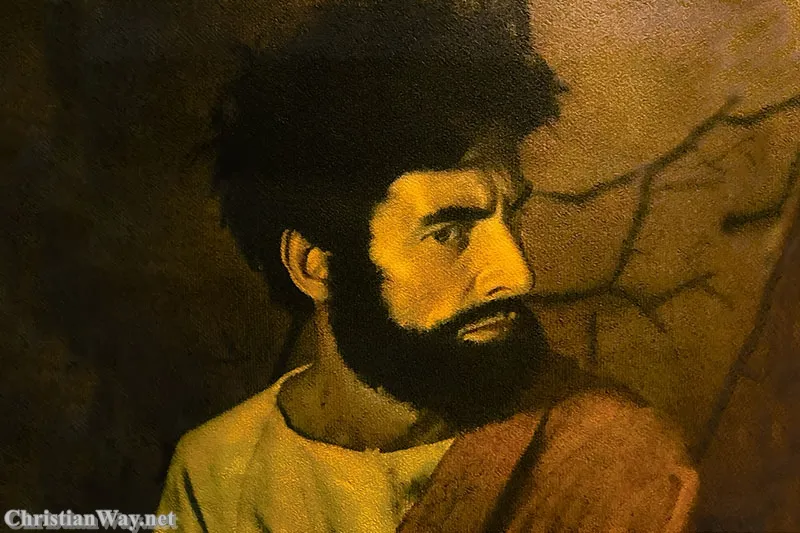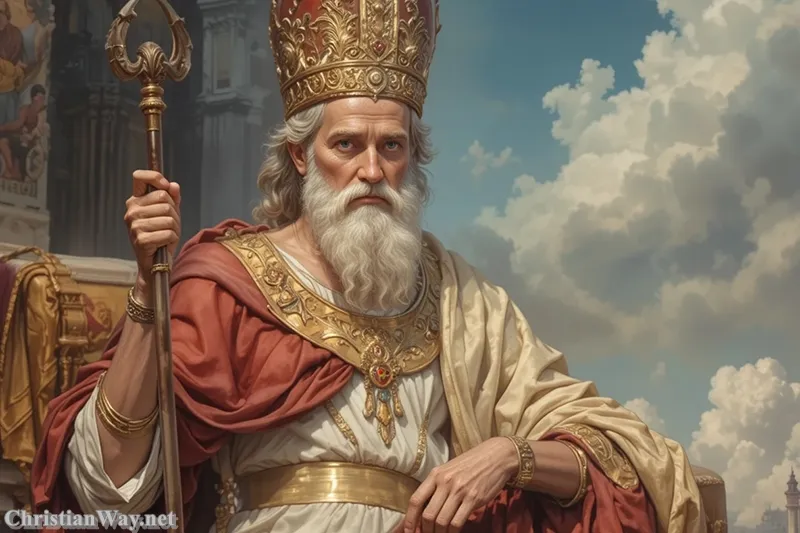Dear friends in Christ,
Every believer, at some point in their journey of faith, wonders about the meaning and mystery of the Church. What is this community that stretches across time and nations, uniting people of every language and culture under one name — the name of Jesus Christ? For some, the Church is a building of stone and glass, a place of worship on Sunday mornings. For others, it is a moral institution or a historical organization that has shaped civilizations. But for the Christian heart awakened by grace, the Church is something far more profound: it is the Body of Christ, living and breathing in the world through the power of the Holy Spirit.
To understand the Church is to understand how Christ continues His work of salvation through human hearts and hands. The Church is not simply about structure or hierarchy; it is the communion of those who have been redeemed, gathered into unity with Christ their Head. It is a mystery of love — divine and human — born from the side of the Crucified Lord and nourished by His Spirit.
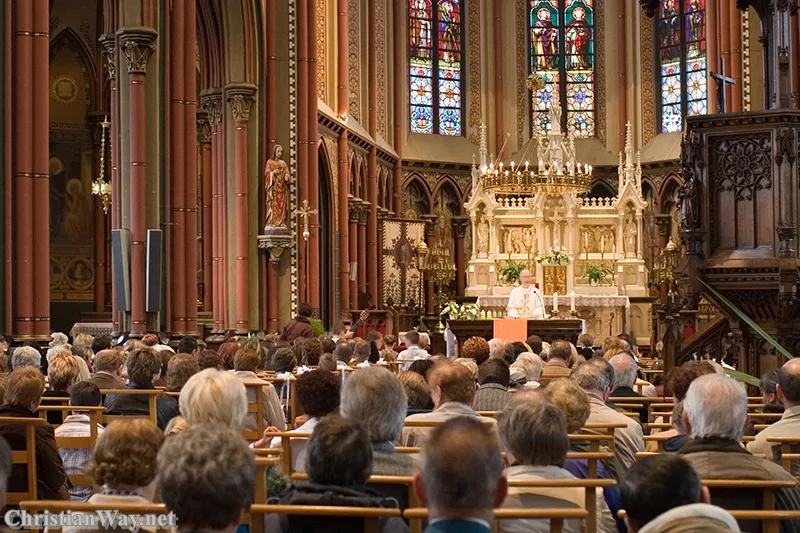
In this reflection, let us walk together through the heart of this mystery: how the Church was born, what it means to belong to her, and how she lives as the presence of Christ in every age, including our own.
The Church: Born from the Heart of Christ
When Jesus hung upon the Cross, the Gospel of John tells us that a soldier pierced His side, and “immediately there came out blood and water” (John 19:34). The Fathers of the Church have long seen in this moment the birth of the Church — just as Eve was formed from the side of Adam, so the new Eve, the Church, was born from the pierced heart of the new Adam, Christ.
From His blood flows the Eucharist, and from the water, the grace of Baptism. These are not mere symbols; they are the very sacraments that give life to the Church. Through them, we are reborn into the Body of Christ. The Church, therefore, is not a human invention but a divine creation. It is God’s initiative, God’s family, God’s dwelling among us.
The Church as the New Creation
In the Acts of the Apostles, the story continues. The risen Christ, before ascending to heaven, promises His disciples that they will be “clothed with power from on high” (Luke 24:49). At Pentecost, that promise is fulfilled. The Holy Spirit descends like a rushing wind, filling the apostles and giving birth to a new community — one of faith, prayer, and mission. From that day forward, the Church becomes the living continuation of Christ’s mission on earth.
The Church is not merely an institution; it is a living organism animated by the Holy Spirit. As St. Paul writes, “For just as the body is one and has many members, and all the members of the body, though many, are one body — so it is with Christ” (1 Corinthians 12:12). This means that the Church is not separate from Christ but participates in His very life.
The Church as the Body of Christ
To call the Church the Body of Christ is to express one of the most beautiful and profound truths of our faith. It means that Christ has not left us alone. He continues to act, speak, and love through His members. Each believer, united to Christ through Baptism and nourished by the Eucharist, becomes part of this body — not as a passive observer, but as a living cell in the organism of grace.
Unity in Diversity
St. Paul explains that in the body there are many parts — the hand, the foot, the eye, the ear — each with its own role. “If one member suffers, all suffer together; if one member is honored, all rejoice together” (1 Corinthians 12:26). This image reminds us that the Church’s unity is not uniformity. The diversity of her members — in gifts, cultures, and vocations — reveals the richness of the Spirit at work.
In this way, the Church embraces all who call upon the name of Christ: Catholics, Orthodox, Protestants, and Anglicans — each expressing, in their own tradition, the mystery of God’s love and truth. The full unity of believers remains a goal yet to be realized, but the Body of Christ already breathes through this shared confession: Jesus Christ is Lord.
The Church and Her Head
No body can live without a head, and the Church’s Head is Christ Himself. As St. Paul writes to the Ephesians, “He is the head over all things for the Church, which is His body, the fullness of Him who fills all in all” (Ephesians 1:22–23). The Church draws her life not from her members, but from Christ. He is her source, her authority, her light.
The bishops and pastors who guide the Church do so only as servants of this Head. Their authority is not power in the worldly sense but service in the image of Christ, who “came not to be served but to serve” (Mark 10:45). Wherever the Church remains faithful to her Lord — in Word, Sacrament, and charity — there the presence of Christ shines forth.
The Church as the People of God
Another image given to us by Scripture is that of the People of God. From the call of Abraham to the gathering of the disciples, God has always desired a people — not merely individuals, but a community walking together in faith. The Church fulfills this ancient promise, forming one people united not by race or nationality but by the Spirit.
A Pilgrim People
We are not yet at our destination. The Church is on a journey, a pilgrimage toward the heavenly Jerusalem. Along the way, she bears the marks of human weakness and sin. History reminds us that the Church’s members — from the laity to the clergy — have often fallen short of the Gospel. Yet, even in her fragility, the Church remains holy, because her holiness comes not from us but from Christ, who never abandons His Bride.
The Church’s holiness is not perfection but perseverance — the ability to rise again through repentance and grace. Every saint is a testimony to this truth: that God’s mercy can transform even the frailest heart into a dwelling of His love.
The Church as the Sacrament of Christ
A sacrament is a visible sign of an invisible grace. The Church, in her very being, is the universal sacrament of salvation — the sign and instrument of communion between God and humanity.
Through her liturgy, her teaching, and her works of mercy, the Church makes Christ visible. When she baptizes, it is Christ who baptizes. When she forgives sins, it is Christ who forgives. When she feeds the hungry, comforts the lonely, or defends the dignity of life, it is Christ who acts through her.
The Church’s Mission
Jesus said to His disciples, “Go therefore and make disciples of all nations” (Matthew 28:19). This command remains the heart of the Church’s mission. Evangelization is not merely about words but about witness — about living in such a way that others see the love of Christ reflected in us.
In a world often divided by fear, injustice, and despair, the Church must stand as a sign of hope. Her mission is not to dominate, but to serve; not to condemn, but to heal. When the Church is true to her Lord, she becomes a light in darkness — the continuation of Christ’s own presence among the poor, the broken, and the lost.
The Church in Daily Life
It can be easy to think of the Church as something distant — a cathedral, a council, an institution somewhere far away. But the Church begins in the small places: in families who pray together, in friends who forgive each other, in communities that serve the needy. Every time a believer chooses love over hatred, mercy over resentment, or faith over fear, the Church becomes more visible in the world.
Living the Church at Home
The family is often called the “domestic Church.” It is in our homes that we first learn the language of faith — through prayer before meals, acts of kindness, and forgiveness after mistakes. Parents, by their love and patience, reflect the tenderness of God. Children, by their trust, remind us of what it means to receive the Kingdom.
The Church and the Modern World
The Church today faces many challenges — secularism, skepticism, and divisions among Christians. Yet she also stands at a moment of opportunity. The human heart still hungers for meaning, belonging, and love. The Church, when faithful to her mission, offers precisely that: not ideology, but communion; not judgment, but mercy; not noise, but peace.
The Church’s presence in the modern world is meant to be both prophetic and compassionate — to speak truth without fear and to embrace the suffering without hesitation. She is called to remind humanity that we are not alone, that Christ still walks among us through His people.
The Communion of Saints
When we speak of the Church, we do not speak only of those alive on earth. The Church embraces heaven and earth together — the saints who rejoice in glory, the souls being purified in God’s mercy, and the faithful still journeying in this world. This is the Communion of Saints, a vast spiritual family united in Christ.
Every time we pray the Creed, we profess this truth: that we are part of something greater than ourselves, a love that transcends death. The saints are not distant heroes but our companions. They show us what it means to live the Gospel fully, and they intercede for us as elder brothers and sisters in the household of God.
The Church’s Wounds and Renewal
We cannot ignore that the Church, throughout history, has also been wounded by sin — the sins of her members, of pride, greed, abuse, and betrayal. These wounds cause scandal and sorrow, and they call the Church to constant purification.
But even in her darkest hours, Christ remains faithful. He promised that “the gates of hell shall not prevail against her” (Matthew 16:18). The Church’s renewal always comes through holiness — through men and women who return to the simplicity of the Gospel and allow the Spirit to make all things new.
Reform in the Church is not a political project but a spiritual conversion. It begins with each of us — when we pray, repent, forgive, and love as Christ loved us.
The Church and the Kingdom of God
The Church is not the Kingdom of God in its fullness, but she is its seed and beginning. Wherever love reigns, justice is done, and peace is sown, the Kingdom grows. The Church’s task is to point beyond herself — to prepare the world for the coming of the Lord.
In the end, the Church will pass into the eternal communion of heaven, where there will be no more sacraments, for we will see God face to face. Yet until that day, she remains Christ’s living presence in the world, the place where heaven touches earth.
Reflect and Pray
Dear brothers and sisters,
To belong to the Church is to belong to Christ. It means being part of His body, His people, His mission. It means sharing in His joys and His sufferings, His Cross and His Resurrection. The Church is not perfect because we are not perfect — but she is holy because Christ is holy, and He dwells within her.
Let us love the Church not as critics from afar, but as sons and daughters who see in her the face of their Mother. Let us serve her, pray for her, and live her mystery with faith.
“Now you are the body of Christ, and individually members of it.”
— 1 Corinthians 12:27
May the Holy Spirit renew the Church in our time — purifying her, uniting her, and filling her with joy — so that through her, the world may know the love of Jesus Christ.
May the peace of Christ dwell richly in your heart, and may His love guide every step you take toward Him.
— Fr. John Matthew, for Christian Way
